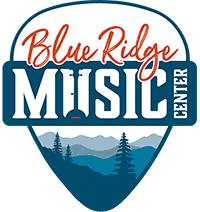DISCOVER THE MOUNTAINS' MUSICAL ROOTS
Music of the Region: Round Peak Music
The music of the Round Peak area of Surry County, North Carolina, centers on the fiddle and banjo. In Round Peak, the banjo is both percussive and melodic, following the melody of the fiddle and adding syncopation with techniques such as drop-thumbing and pull-offs. The banjo is tuned to specific keys, and fretless banjos are sometimes used, allowing the player greater freedom in use of slides and in-between notes. Like the banjo, rather than playing in the standard tuning of GDAE, the fiddler retunes the fiddle to play in specific keys. The fiddle is played in a rhythmic short bow manner. Typically, the fiddler incorporates slide notes and dissonant notes between the notes of the standard scale. Guitar, mandolin, and bass add rhythm, while the melody is left to the banjo and fiddle.
Two of the best-known musicians of the Round Peak style were Tommy Jarrell (1901-1985) and Fred Cockerham (1905-1980). During the old-time music revival of the 1970s, Jarrell welcomed people from all over into his home. He taught them about the music and culture of the area, spreading the music of the region—Round Peak style—throughout the country and world.
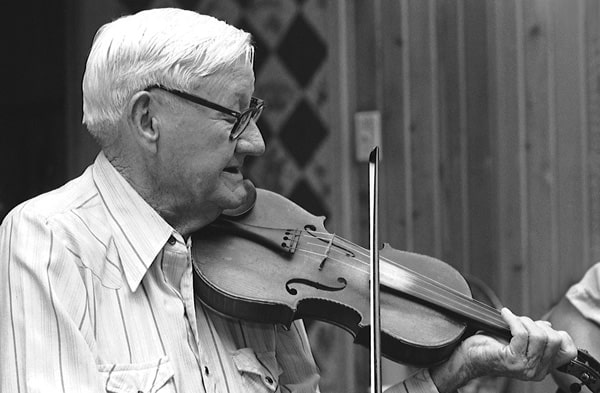
Tommy Jarrell plays “Jimmy Sutton”
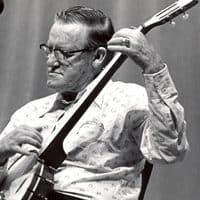
Fred Cockerham plays “Roustabout” on his fretless Kyle Creed banjo
Kyle Creed (1912-1982) is claimed by the Round Peak and Galax music communities. The banjo and fiddle player started life as a member of the Round Peak community, before moving up the mountain to Galax later. In Virginia, he owned a country store and crafted banjos. Creed influenced the way many people make and play the banjo today. He was an innovator who created his own style of open-back banjos, which are still highly sought after.
The Camp Creek Boys were a quintessential Round Peak band, setting the standard for old-time string band music beyond the region. The band consisted of Kyle Creed and Fred Cockerham swapping off on fiddle and banjo, Verlen Clifton on mandolin, Paul Sutphin and Ronald Collins on guitar, and Ernest East on fiddle and guitar. Other members played in the group over the years, including Benton Flippen, Roscoe Russell, and Bobby Patterson.
With their hard-driving, fiddle-banjo-led, old-time style, the Camp Creek Boys were frequent champions at the many area fiddlers’ conventions held during the summer. Their performances and recordings also helped to popularize tunes from their repertoire, which became associated with the Round Peak style. These tunes include “Fortune,” “Let Me Fall,” “Fall On My Knees,” and “Breaking Up Christmas,” among others. Musicians learned the music of the region by watching their shows, listening to their recordings, and forming relationships with the band members. The musicians in this band eventually formed other bands, spreading the Round Peak style even further. East went on to create the Pine Ridge Boys, while Sutphin and Flippen started the Smokey Valley Boys.
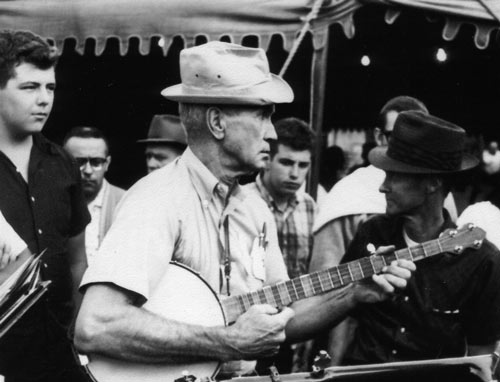
Kyle Creed plays “Cumberland Gap”
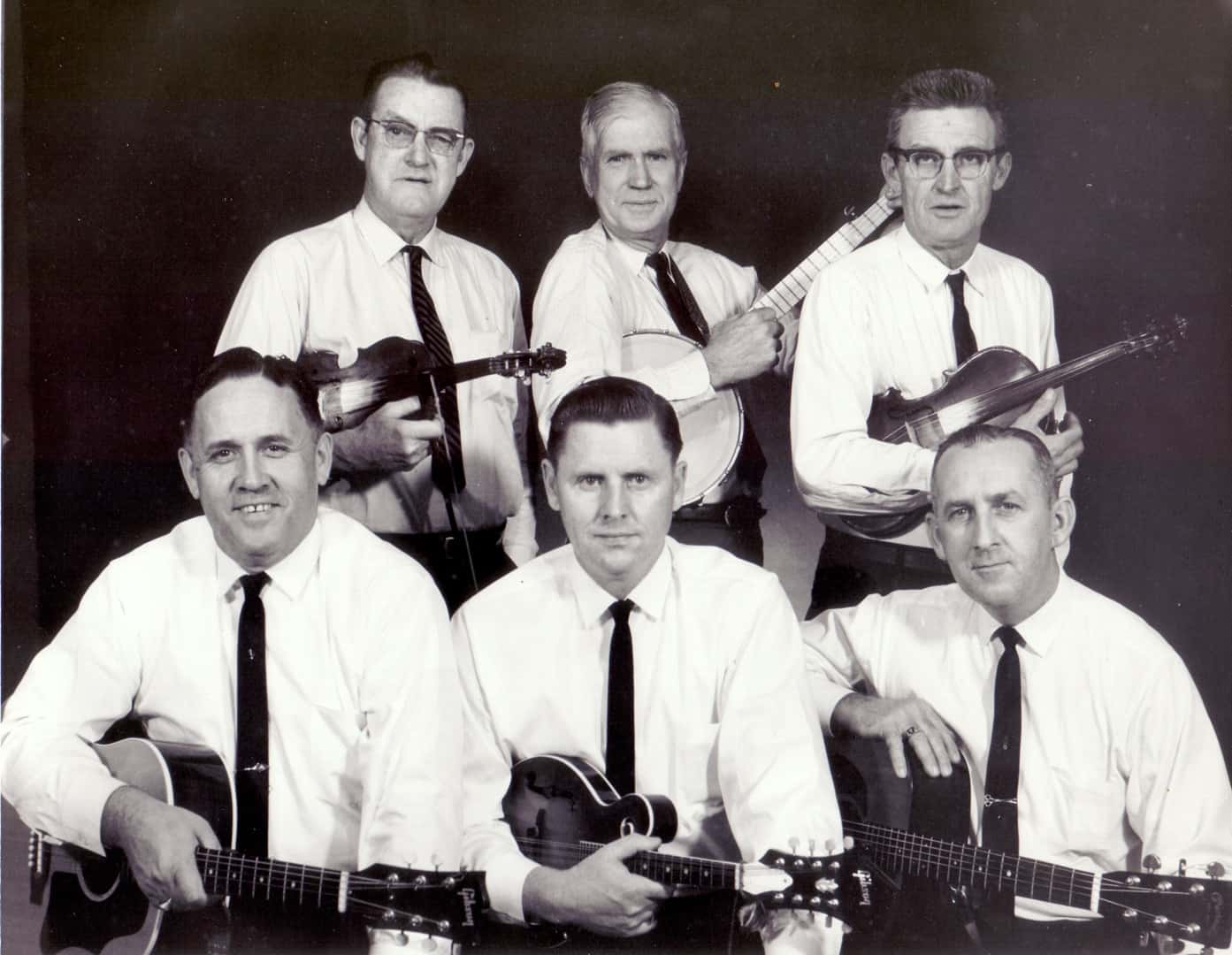
The Camp Creek Boys play “Fortune” and more
Music of the Region: Galax and Grayson County
The early music in Galax and Grayson County also featured fiddle and banjo, and while there were similarities to the music played down the mountain, there were also differences, which can be illustrated by the playing of musicians such as Emmett Lundy, Uncle Wade Ward, and Enoch Rutherford.
Fiddler Emmett Lundy grew up around music in Grayson County, Virginia. As a teenager, he learned from Greenberry Leonard, who was between 65 and 80 years old at the time. Because of this, when he was recorded in 1941 by Alan and Bess Lomax, they noted that his tunes and fiddling style was likely reminiscent of a style dating back to the late 1800s. His bowing has a march-like bounce to it and the tunes have an archaic sound. Lundy influenced many fiddlers in the area, and his repertoire today is known to fiddlers far and wide.
Growing up in a musical family, Uncle Wade Ward, of Independence, Virginia, played banjo and fiddle. He was best known for his clawhammer banjo playing. Ward played with two influential bands in the area, The Bogtrotters (Crockett Ward, Fields Ward, Wade Ward, Eck Dunford, Doc Davis), and the Buck Mountain Band.
Enoch Rutherford (1916-2004) was an old time musician from the Gold Hill community near Independence, Virginia. He came from a long line of old time fiddlers and banjo pickers. His hard-driving style had a straight-ahead rhythm and a little skip to it, and his playing has influenced many others in the area.
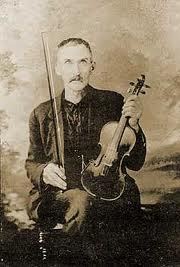
Emmett Lundy plays “Ducks on the Millpond,” recorded by Alan Lomax
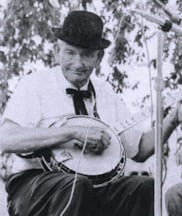
Wade Ward plays “Walkin’ In the Parlor” with fiddler Glen Smith
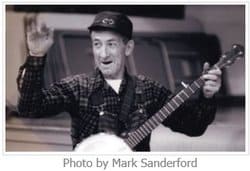
Enoch Rutherford plays “Fly Around My Pretty Little Miss” (photo by Mark Sanderford)
Music of the Region: Galax Old Fiddlers’ Convention & the Galax Sound
In the beginning, the competition consisted mostly of local musicians from Virginia and North Carolina counties near Galax. Over the years, the convention grew to attract old-time and bluegrass musicians from all over the world.
The first Galax Old Fiddlers’ Convention took place in 1935. Since then, it grew to become the oldest and largest fiddlers’ convention around. Starting as a one-day event, it now lasts a week. The convention begins the first Monday in August with the youth competition. The following Saturday night, the Galax Old Fiddlers’ Convention concludes with the bluegrass and old-time band competition and awarding of the ribbons.
In 1935, The Bogtrotters won the first band competition. The groups was also known as the Ballards Branch Bogtrotters. Its members included Eck Dunford, Crockett Ward, Fields Ward, Wade Ward, and Doc Davis.
In the early days, the competition was based on old-time fiddle and banjo styles. During the late ’40s, bluegrass began to spread, changing the string-band sound heard on the fiddlers’ convention stage. There was only one competition for fiddle, banjo, and band, so all of the musicians competed together. This led to the development of “The Galax Sound” which often included banjos played in the three-finger style and a hard-driving rhythm that was not quite old-time or bluegrass. The music of Galax was always dance music, so the dance beat was front and center in these bands.
Otis Burris grew up in the Summerfield community near Elk Creek in a musical family. When you heard Burris play, you knew it was him starting with the drawn out first note. His distinctive fiddling was influenced by the long-bow style of Arthur Smith and the drive of bluegrass fiddlers. Burris had 16 first plays wins on fiddle, 13 in dance, and numerous band prizes at the Galax Old Fiddlers’ Convention over the years. He was best known for his Galax-style band, The Mountain Ramblers. James Lindsey led the band, and the other members changed many times throughout the years. Burris played with them from 1962 until 1968.
Another notable Galax-style band was The Spring Valley Boys, consisting of Bruce Mastin, Kyle Cole, Sonny Funk, Dale Poe, Reid Robertson, and Alan Mastin.
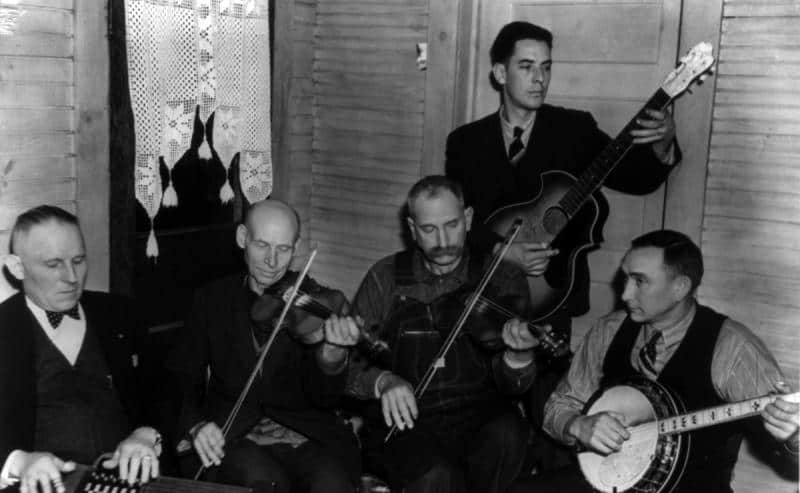
The Bogtrotters play “Western Country”
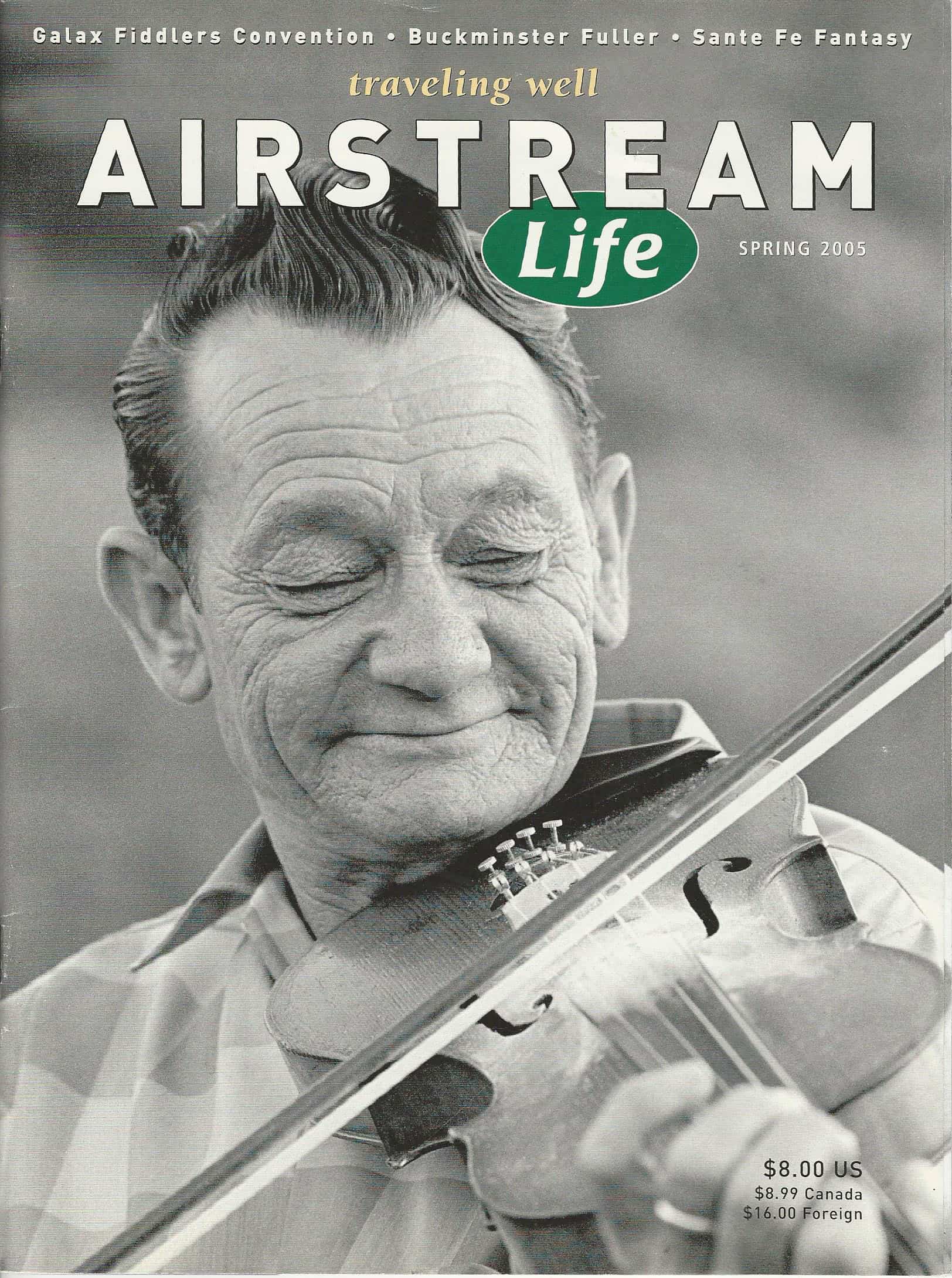
Mountain Ramblers play “Richmond” (photo by Mark Sanderford)
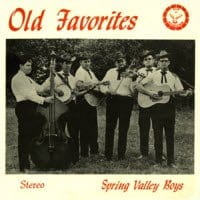
Spring Valley Boys play “Ragtime Annie”
In the late ’70s, the competition split into separate old-time and bluegrass categories for fiddle, banjo, and band. This led to other changes, with prescribed definitions of bluegrass and old-time. With the split, the bands formations that defined the Galax Sound also dissolved. There were a couple of throwbacks however. Bluegrass banjo players in the area had their own way of playing, maintaining a dance rhythm. Old-time bands recreated that driving sound with the solid rhythm from one or two guitars, bass, and mandolin, banjo that was less about melody and more about rhythm, all led by a strong fiddler for a sound that gets you out of your seat and onto the dance floor.
Ted Lundy and the Southern Mountain Boys are a prime example of the bluegrass that came out of the local Galax tradition. The band consisted of by Bob Paisley, originally from Ashe County, North Carolina, and Ted and Jerry Lundy, from Grayson County, Virginia. The Lundys and Paisleys migrated to Delaware for work, and the music they played was in the local Galax bluegrass tradition. The band lives on, now called Danny Paisley and Southern Grass. This new iteration includes Danny’s son, Ryan, and Ted’s sons, T.J. and Bobby Lundy. These boys maintain the family tradition and the music of the region.
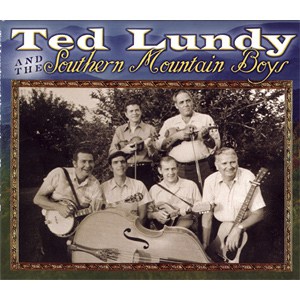
Ted Lundy and the Southern Mountain Boys play “Sally Ann,” a Galax favorite
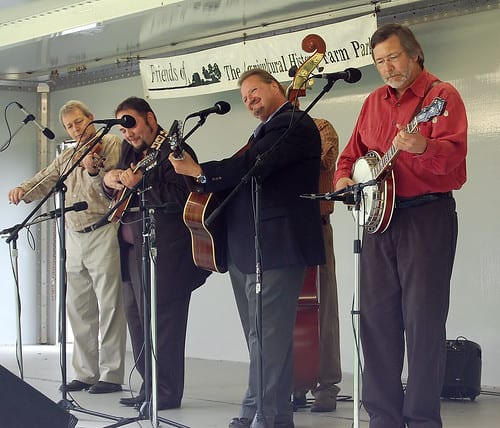
Bob Paisley with Bobby and T.J. Lundy, with their take on “Mountain Sally Ann”
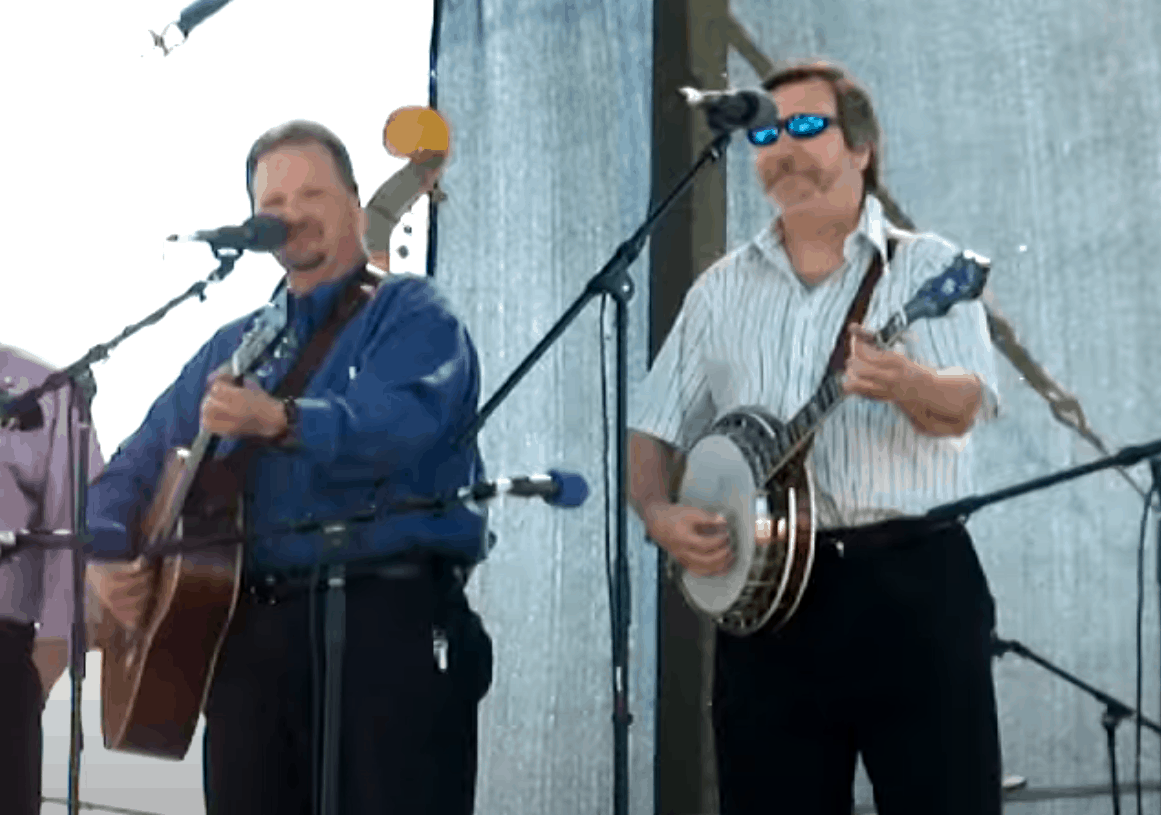
Danny Paisley and Southern Grass at Grey Fox
The New Ballards Branch Bogtrotters play the most recent iteration of the Galax Sound, old-time style. Named after the original Bogtrotters, the band includes National Heritage Award recipient Eddie Bond on fiddle, band leader Dennis Hall on guitar, Josh Ellis on banjo, Caroline Beverley on mandolin, and Bonnie Bond on bass.





